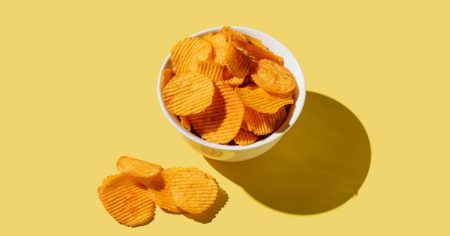Microplastics, tiny plastic particles that make their way into various substances, have been a topic of interest for researchers interested in understanding their effects on bodily health. A recent study in mice found that consuming microplastics can lead to these particles spreading from the gut to vital organs like the brain, liver, and kidneys. Humans and animals are regularly exposed to microplastics in various ways, prompting researchers to investigate the impact of this exposure on health outcomes. The study, published in Environmental Health Perspectives, demonstrated that microplastics can cause metabolic changes in tissues, indicating potential systemic effects on the body.
The study authors defined microplastics as plastic particles smaller than 5 millimeters and sought to explore how different types of microplastics influenced body organs in mice. Mice were fed varying amounts of microplastics through oral gastric feeding, replicating levels of human exposure. Following exposure, researchers identified microplastics in multiple organs, notably the brain, liver, and kidneys, indicating the ability of these particles to spread to distant areas of the body. Metabolic changes were also observed in the colon, liver, and brain of exposed mice, depending on the amount and type of microplastic they consumed.
Although these findings are significant, the study does have limitations, as it was conducted on mice and did not investigate the clearance rates of microplastics, chemical additives present in many microplastics, or the precise location of microspheres. Further research is needed to determine the applicability of these findings to humans and the potential impacts of chemical additives on the effects of microplastic consumption. Future studies can also focus on improving methods to identify and measure microplastics in tissues, offering more insights into their accumulation and effects on health.
The study contributes to the existing literature on the presence and impact of microplastics in the environment, highlighting the need for further research to fully understand their effects on human health. In the meantime, there are ways to reduce exposure to microplastics, such as boiling water and using a coffee filter to remove microplastics, choosing plastic-free goods, opting for whole foods, and drinking filtered water. Taking individual responsibility for reducing exposure to microplastics can have a significant impact on overall health and well-being.
Non-study author Tracey Woodruff emphasized the importance of policymakers taking action to prevent further human exposure to microplastics. With plastic production expected to increase, government interventions are essential in protecting people from exposure to harmful substances. In the meantime, individuals can limit their use of plastics, switch to alternative materials for storage, and take measures to reduce exposure to dust where microplastics tend to accumulate. By making conscious choices to reduce plastic consumption and exposure, individuals can play a crucial role in safeguarding their health and the environment.















